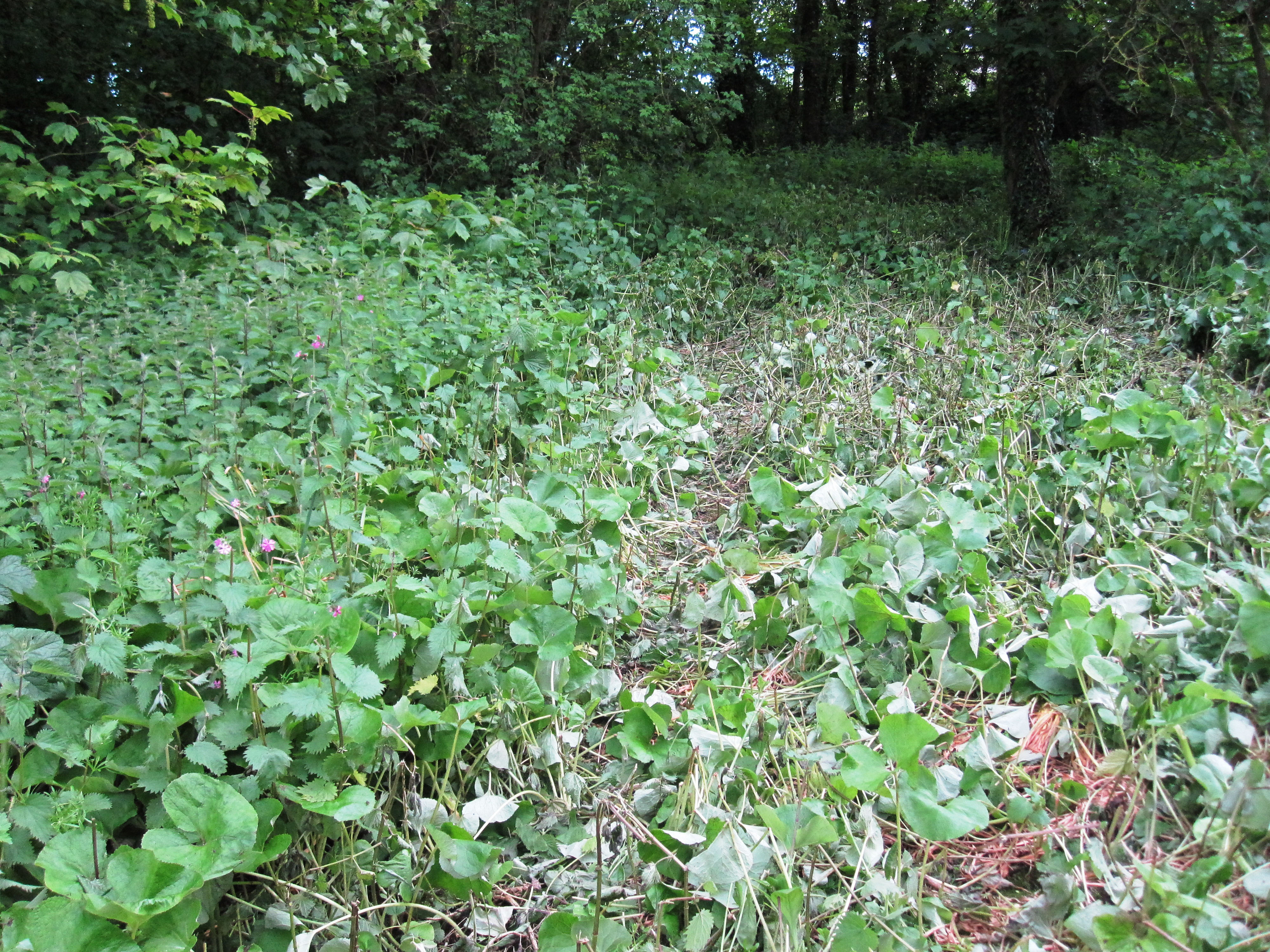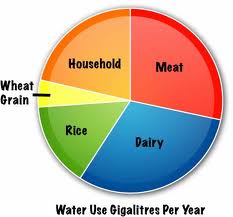We spend part of our time in a flat in a remote part of the West Country. There are nine flats in the house, and we share a communal garden. We also rent an adjacent meadow, where we have developed a wild flower meadow and a potager where we grow most of our own food.
Life in the country can sometimes resemble a soap opera, and we could supply plenty of material for the Archers of Ambridge. As an illustration of this I thought I’d share a series of events that made up quite a satisfying little saga the other day.
Sadly, the husband of our neighbour downstairs died last week, and this story takes place the afternoon and evening before his funeral.
Part 1.
Two small dogs, rather more rat-like than canine, were seen loose in our garden. The lease of the house discourages dog-ownership, and insists that any dogs must be on leads. A quick check in the other flats brought me to the conclusion that the dogs belonged to visitors who were staying in the barn next door; so I arrested the dogs and returned them to their rightful owners, outlining the rules of the house regarding dogs, and explaining that as small grandchildren play in the garden, we are particularly averse to the depositing of dog poo.
Part 2.
The level of noise in our quiet garden suddenly started to increase exponentially, and looking out of the window we espied six boys and one man, complete with cricket set, enjoying a noisy game of cricket on our lawn. Two of our neighbours from the other flats were up in arms, particularly as the game was taking place just outside the window of the woman who was getting ready for her husband’s funeral. I watched one neighbour go to remonstrate with the uninvited guests, assuring them that she wouldn’t dream of going to play in their garden and that they shouldn’t help themselves to ours without permission. So off they went.
Part 3.
I went over to the meadow to do some hoeing, but the hoe was nowhere to be seen. What WAS to be seen (and heard) was a group of young boys thrashing through the bushes, making dens. I called them out and suggested that they should play in their own garden, rather than colonising everyone else’s land. I also asked them if they’d seen our missing garden tool.
‘No’ they replied, rather sheepishly.
‘No one else comes to the meadow’, I said, ‘so who is likely to be the prime suspect if tools go missing?’
‘Us.’
‘Yes, exactly’.
It didn’t escape our notice that a large patch of rough ground had been bashed down, and we mused over what they might have used to do that.
Part 4.
A thorough search of the meadow did not reveal the hoe – or to give it its proper name, the swoe. It was a rather good one, that belonged to my parents-in-law, and I was not best-pleased that in order to sow seeds that afternoon I had to use an old stick to loosen the earth and make a drill for the seeds.
I therefore decided that a visit to the boys’ parents was called for, and went round, to be met by two extremely embarrassed mothers, who apologised for the dogs and the cricket, and were alarmed to hear about the meadow and the swoe. One of them insisted on giving me a cake as an apology, and the boys were summoned to apologise – which they did very graciously.
I said that we couldn’t find the hoe, and one mother remembered that they had brought a garden tool back to the house, saying that they had ‘found it’. She had eventually had to stop them playing with it when it looked as though they were going to decapitate each other with it. Three of the older boys were sent out to retrieve the tool, but didn’t return by the time I left, so presumably they had gone back to the meadow for it.
This could have been an issue that led to neighbourly discord, except that all of them were extremely charming lads, and they seemed genuinely sorry for their misdemeanors. I can’t vouch for the father, as he seemed to have gone into hiding; but he’s probably very nice too.
I raided the rather bare chocolate and sweet cupboard in our kitchen so that I could give the boys something when they returned the hoe. They didn’t turn up that evening, but brought the hoe round the next morning. Apparently they had searched for over an hour before they managed to find it, and they had enough nettle stings to keep arthritis at bay for many a year. They were overwhelmed to be given chocolates, and effusive in their thanks and, again, in their apologies.
It’s not often that life throw up little stories that are so neatly rounded off with a satisfying closure. Everyone was happy and friendly, we are now enjoying a ginger cake, I got to know two extremely nice young mothers, and the boys have probably learnt quite a useful lesson about trespassing, pinching and fibbing, without anyone having to punish them.
4 Comments




 up for changing the world, we read in the New Internationalist that if everyone stopped eating meat there would be enough food to go round the whole world’s population. Looking back,
up for changing the world, we read in the New Internationalist that if everyone stopped eating meat there would be enough food to go round the whole world’s population. Looking back,








